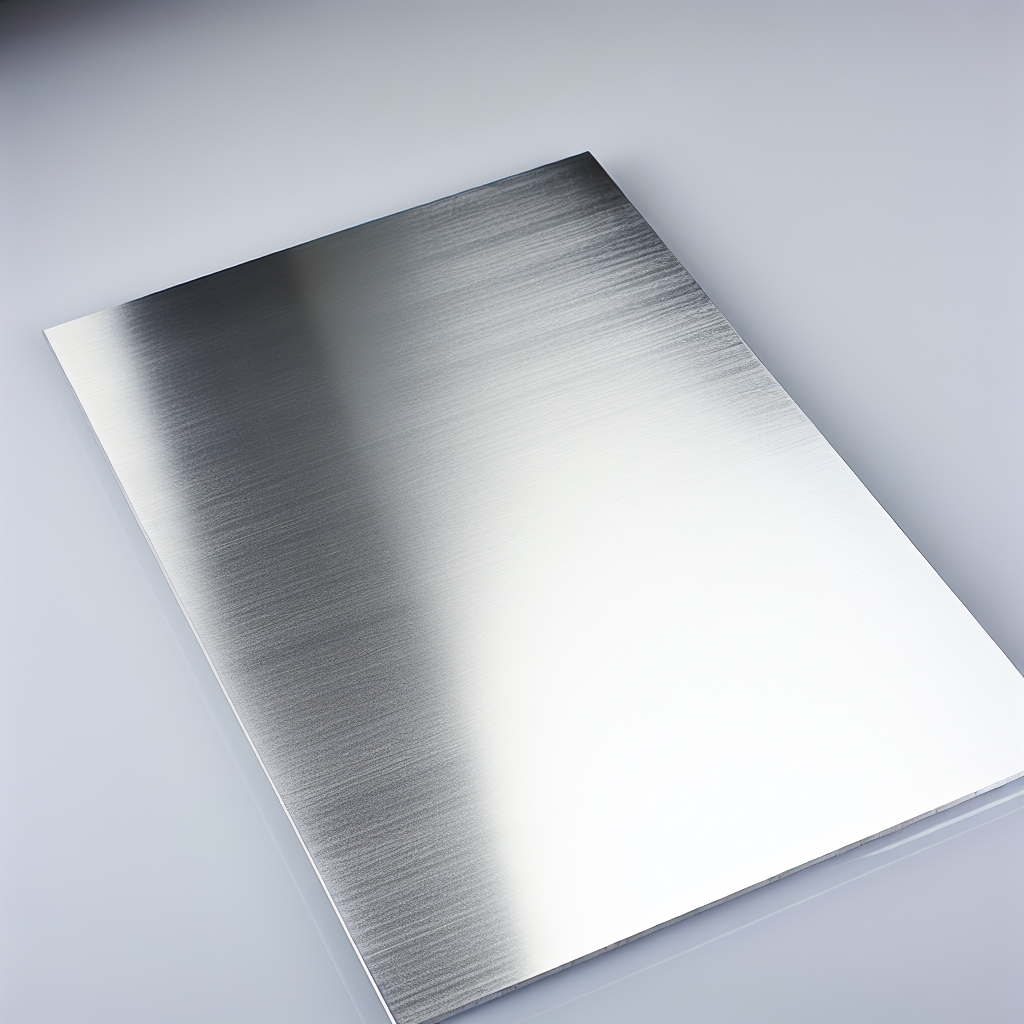Regarding the sheet metal fabrication, one of the most crucial decisions that you will have to make is choosing the right materials for your project. The materials you select will not only impact the overall aesthetics and functionality of your finished product, but they will also play a significant role in determining its durability and longevity. In this article, we will explore the key materials used in sheet metal fabrication, including stainless steel, hot rolled steel, cold-rolled steel, aluminum, brass, and copper.

Stainless steel is a popular choice for sheet metal fabrication due to its exceptional corrosion resistance and strength. It is a versatile material that can be easily manipulated into various shapes and sizes, making it ideal for a wide range of applications. Some of the most common grades of stainless steel used in fabrication projects include 304, 316, and 430.
Hot rolled steel is known for its superior strength and durability, making it a popular choice for structural components in sheet metal fabrication. This type of steel is produced at high temperatures, which results in a rough surface finish. While hot rolled steel is highly versatile and widely used in various industries, it may not be suitable for projects that require a smooth surface finish.
Cold-rolled steel is processed at room temperature, resulting in a smoother and more refined surface finish compared to hot rolled steel. This type of steel is preferred for projects that require precise dimensions and tight tolerances. Cold-rolled steel is commonly used in the manufacturing of automotive parts, appliances, and furniture.
Aluminum is a lightweight and durable material that is widely used in sheet metal fabrication. It offers excellent corrosion resistance and conductivity, making it suitable for a variety of applications. Aluminum is commonly used in the aerospace, automotive, and construction industries due to its versatility and ease of fabrication.
Brass is a metal alloy made from copper and zinc, known for its distinct golden hue and malleability. It is valued for its unique properties, including excellent corrosion resistance and acoustic properties. Brass is often used in artistic and decorative applications in sheet metal fabrication, such as ornamental trimmings and architectural
Copper, renowned for its exceptional conductivity, is a favored metal in sheet metal fabrication due to its excellent heat and electrical conductivity. Its thermal properties make it a popular choice for various applications. Additionally, copper is a sustainable option, being fully recyclable and retaining its properties even after multiple uses, making it an environmentally friendly material.
When choosing materials for your sheet metal project, it’s crucial to factor in elements like the intended application of the final product, financial limitations, and unique project specifications. Engaging in comprehensive research and seeking advice from a materials specialist can aid in making a well-informed choice that harmonizes with your aspirations and needs.
Maintaining quality control throughout the fabrication process is essential to ensuring the integrity of the materials used. Implementing rigorous inspection methods, such as visual inspections, dimensional measurements, and material testing, can help identify any defects or inconsistencies that may compromise the quality of the finished product.
In summary, the careful choice of materials is paramount for the triumph of sheet metal fabrication endeavors. Opting for materials that align with criteria like strength, longevity, and cost-efficiency ensures the excellence and endurance of the final product. Whether stainless steel, aluminum, brass, or copper, each material boasts distinctive qualities and benefits that elevate both functionality and visual appeal. Undoubtedly, the significance of material selection in sheet metal fabrication is pivotal, setting the stage for a fruitful and environmentally conscious manufacturing journey.